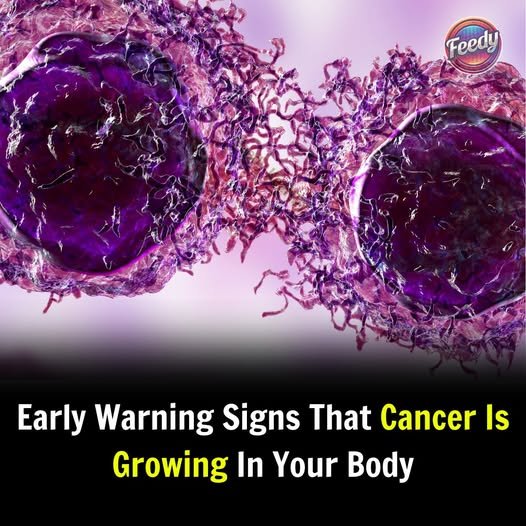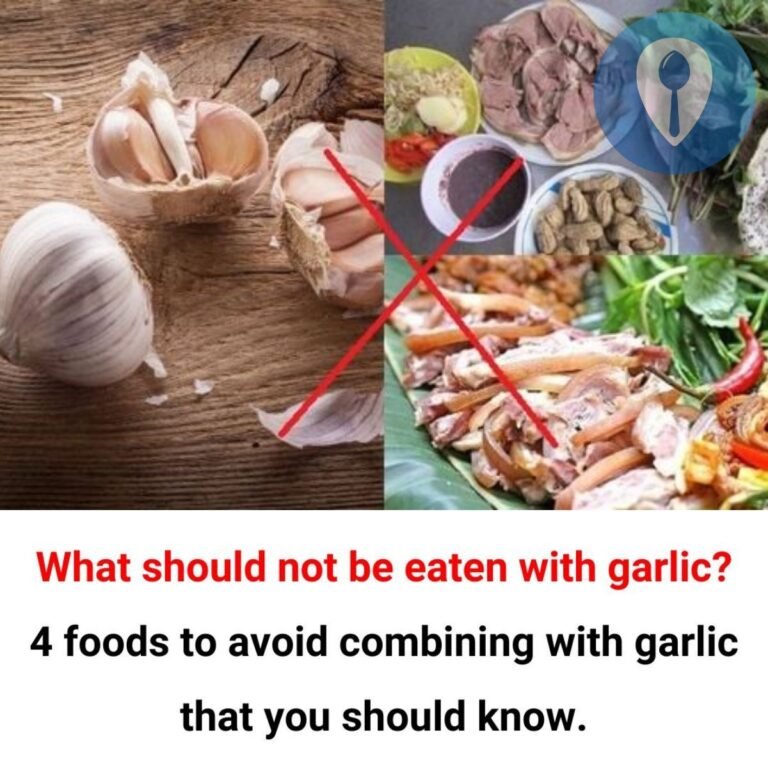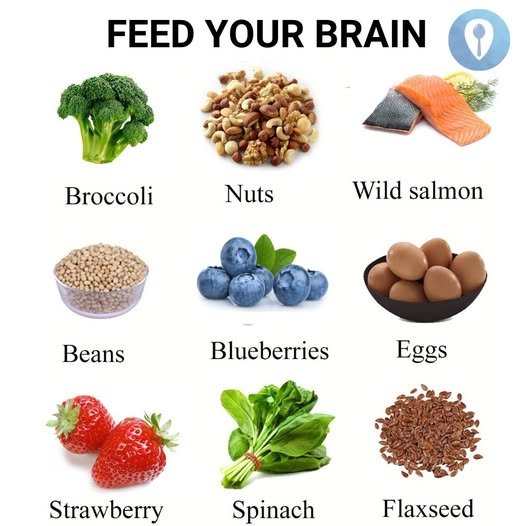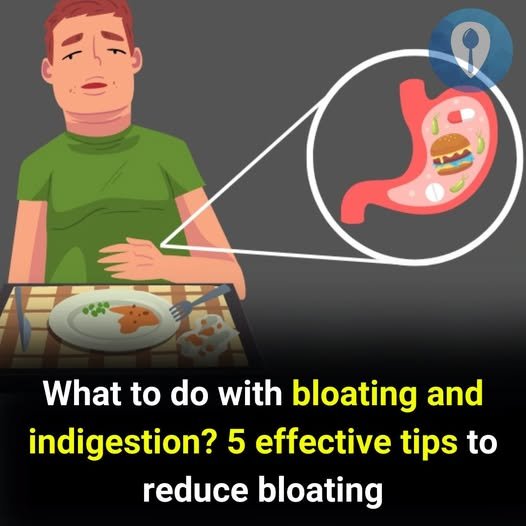20 Cancer Signs People Ignore Until It’s Too Late
Cancer is one of the most devastating diseases worldwide, affecting millions of people every year. The scariest part? Many people overlook early warning signs, dismissing them as minor health issues—until it’s too late.

Early detection is crucial in the fight against cancer, dramatically increasing the chances of successful treatment. Your body often sends signals when something isn’t right, and recognizing them could save your life.
Here are 20 early signs of cancer that you should never ignore.
1. Unexplained Weight Loss
Losing weight without changes in your diet or exercise routine? This could be an early sign of cancer, particularly cancers of the stomach, pancreas, esophagus, or lungs. Tumors can alter your metabolism, causing unintentional weight loss.
✔ What to do: If you lose 10 pounds or more without trying, see a doctor immediately.
2. Persistent Fatigue
Feeling constantly drained even after getting enough sleep? Chronic fatigue that doesn’t improve could indicate leukemia, colon cancer, or stomach cancer. Cancer-related fatigue is different from normal tiredness—it doesn’t go away with rest.
✔ What to do: If you experience extreme exhaustion for weeks, consult a doctor.
3. Chronic Cough or Hoarseness
A persistent cough lasting more than two weeks could be a symptom of lung cancer, throat cancer, or laryngeal cancer. If you cough up blood, seek medical attention immediately.
✔ What to do: See a doctor if your cough doesn’t improve, especially if you don’t have a cold or allergies.
4. Shortness of Breath
If you find yourself struggling to breathe during normal activities, it might be a sign of lung cancer or fluid buildup caused by cancer in the lungs.
✔ What to do: Persistent shortness of breath warrants a medical evaluation.
5. Chest Pain
Unexplained chest pain could be a symptom of lung cancer, esophageal cancer, or heart issues. Some cancer patients describe a dull, persistent pain in their chest.
✔ What to do: If your chest pain is ongoing and unrelated to heart disease, see a specialist.
6. Abdominal Pain
Chronic pain in your stomach, liver, or pancreas could be an early warning sign of digestive cancers.
✔ What to do: If you have persistent discomfort or bloating, especially after meals, seek medical advice.
7. Changes in Bowel Habits
Sudden constipation, diarrhea, or narrow stools that last for weeks could indicate colon or rectal cancer.
✔ What to do: Get screened for colon cancer if you notice significant changes.
8. Blood in Urine or Stool
Seeing blood in your urine or stool is a major red flag for colon, bladder, or kidney cancer.
✔ What to do: If this happens more than once, schedule a check-up immediately.
9. Difficulty Swallowing
If you experience frequent difficulty swallowing, it could indicate esophageal or throat cancer.
✔ What to do: Don’t ignore ongoing swallowing issues—get tested.
10. Skin Changes
Unexplained dark spots, yellowing, or red patches on your skin could be a sign of skin cancer or liver disease.
✔ What to do: Get any suspicious moles or spots checked by a dermatologist.
11. Sores That Won’t Heal
A wound that doesn’t heal after weeks might be more than just a skin issue—it could be a sign of skin cancer or diabetes.
✔ What to do: If a sore keeps bleeding or won’t heal, see a doctor.
12. Swollen Lymph Nodes
Lumps in your neck, underarms, or groin could indicate lymphoma or leukemia.
✔ What to do: If you feel swollen nodes for more than two weeks, see a doctor.
13. Persistent Headaches
Headaches that don’t respond to usual treatments might be a sign of a brain tumor.
✔ What to do: If you have severe, unexplained headaches, consult a neurologist.
14. Vision Changes
Blurry vision, floaters, or difficulty seeing clearly could be a symptom of eye cancer or a neurological issue.
✔ What to do: Schedule an eye exam if your vision changes suddenly.
15. Bone or Joint Pain
Chronic pain in your bones or joints may be linked to bone cancer or leukemia.
✔ What to do: If your pain persists despite rest or medication, seek medical advice.
16. Unexplained Nausea and Vomiting
Frequent nausea without an apparent cause could be an early warning sign of brain, stomach, or liver cancer.
✔ What to do: Persistent nausea should not be ignored—see a specialist.
17. Frequent Fevers or Night Sweats
Recurring fevers and sweating at night can indicate blood cancers like leukemia or lymphoma.
✔ What to do: If fevers occur frequently without infection, see a doctor.
18. Changes in Urination Patterns
Sudden urges to urinate, difficulty starting urination, or pain while peeing could be signs of bladder or prostate cancer.
✔ What to do: If symptoms persist, get tested.
19. Constant Thirst
If you’re always thirsty, it could be a sign of diabetes or kidney issues, but it may also indicate cancer affecting your metabolism.
✔ What to do: Consult a doctor if your thirst is excessive.
20. Craving Ice
Feeling the need to chew ice constantly? This condition, known as pagophagia, is often linked to iron deficiency anemia, which could be a sign of cancer-related nutritional imbalances.
✔ What to do: A blood test can determine if iron deficiency is a concern.
Take Action—Don’t Ignore the Signs!
Your body sends signals when something is wrong. Recognizing these early warning signs could be the key to catching cancer before it becomes life-threatening.
How to Reduce Your Cancer Risk:
✅ Eat a healthy, balanced diet
✅ Exercise regularly
✅ Avoid smoking and limit alcohol
✅ Protect your skin from sun damage
✅ Schedule regular health screenings
Remember: It’s always better to be safe than sorry. If you experience any persistent or unexplained symptoms, see a doctor immediately. Early detection saves lives! 🩺💙





